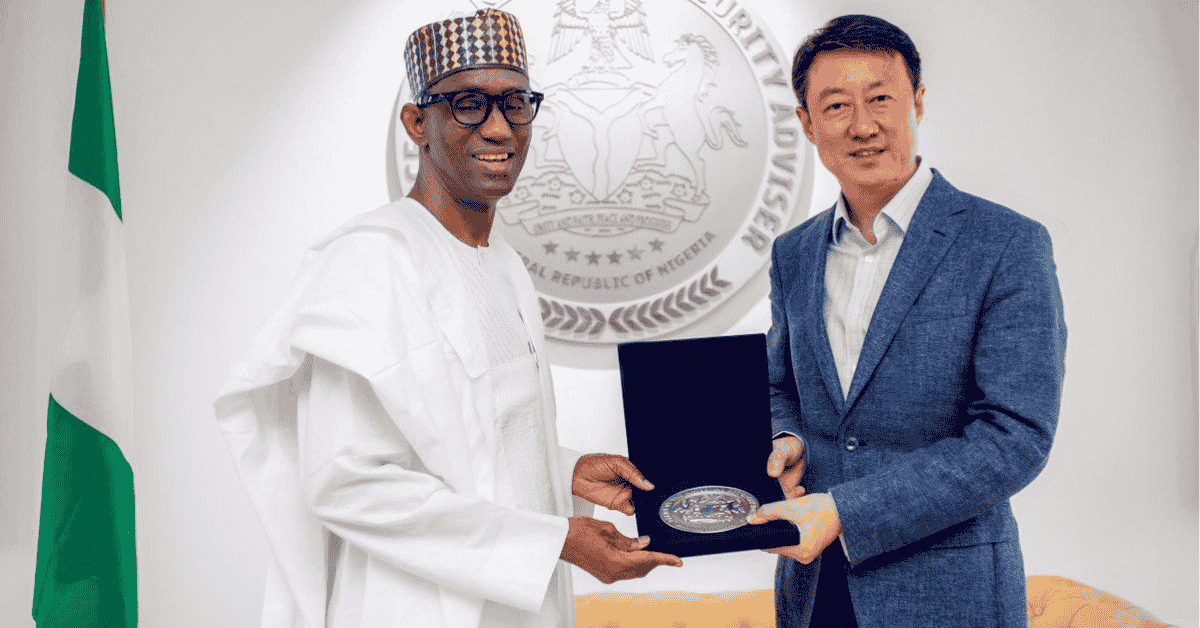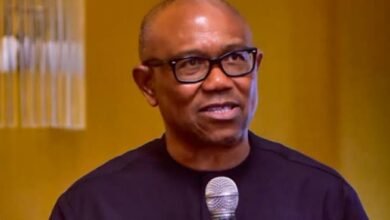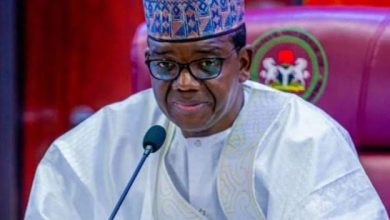Politics
China Backs Nigeria’s Sovereignty, Rejects US Coercive Diplomacy, Foreign Interference

China has reaffirmed its commitment to strengthening strategic cooperation with Nigeria and supporting the country’s sovereign right to pursue independent policy choices, in a move widely interpreted as a response to rising geopolitical pressure on Africa’s largest economy—including recent remarks from the United States.
Following a meeting with National Security Adviser Mallam Nuhu Ribadu in Abuja, China’s Ambassador to Nigeria, Yu Dunhai, said relations between both nations have entered a “new phase of practical cooperation” since President Bola Ahmed Tinubu’s state visit to Beijing and participation in the Forum on China-Africa Cooperation summit last year. He noted that joint initiatives in infrastructure, technology, security, and trade are already delivering tangible development gains for Nigerians.
Positioning China as a “comprehensive strategic partner,” Ambassador Dunhai emphasized Beijing’s support for Nigeria’s sovereignty and its right to define its development path without external pressure. He stated that China “opposes interference in the internal affairs of sovereign nations under the guise of religion or human rights,” and condemned what he described as coercive foreign diplomacy, including sanctions and threats of force.
The comments follow heightened U.S. scrutiny of Nigeria’s domestic affairs and come amid a broader contest between global powers for influence across Africa. While avoiding direct reference to Washington, the Ambassador’s remarks signal China’s willingness to present itself as a non-interfering alternative partner, as Nigeria balances critical security and economic ties with both nations.
Ambassador Dunhai added that China stands ready to expand defence and counter-terrorism cooperation with Nigeria, noting that maintaining internal stability and strengthening security institutions remain shared priorities. “China will continue to support Nigeria in safeguarding peace, combating terrorism, and advancing sustainable development,” he said.
With Nigeria emerging as a pivotal player in Africa’s diplomatic and economic landscape, analysts say Abuja’s ability to navigate relationships with both China and the United States will be central to its long-term development and geopolitical influence.





